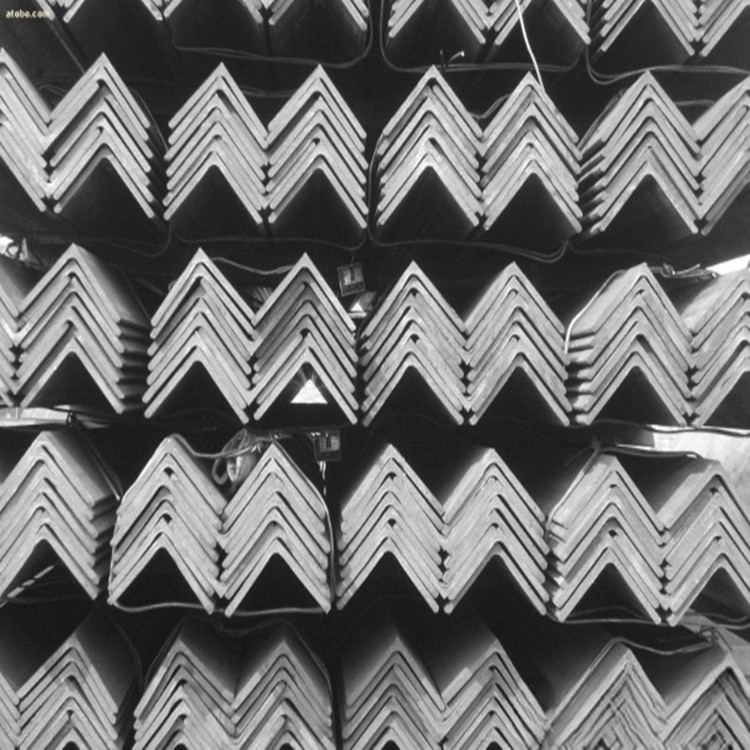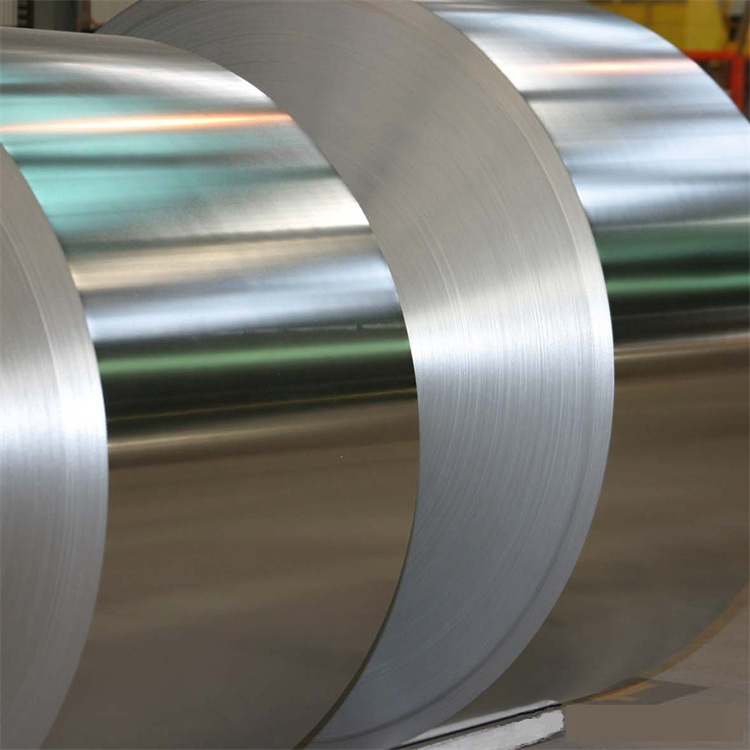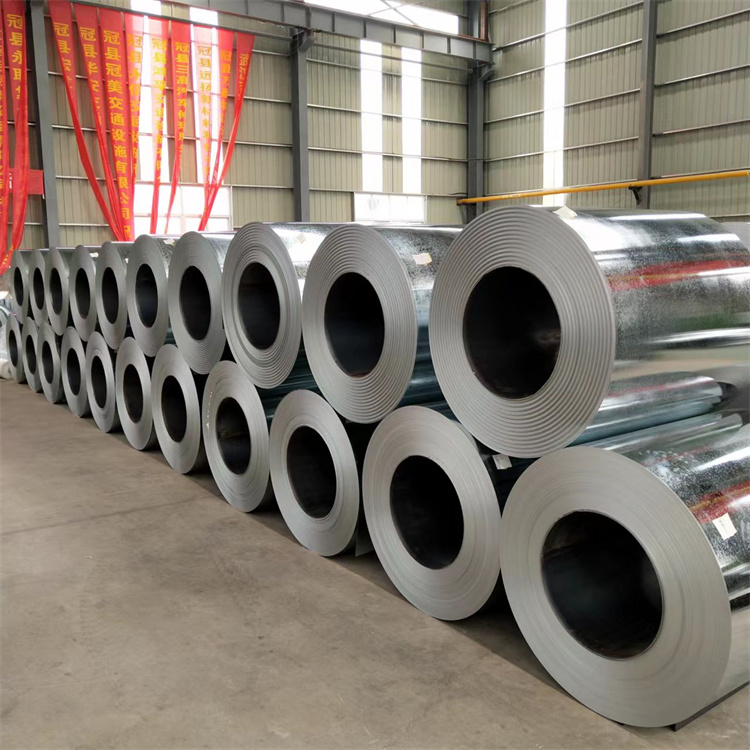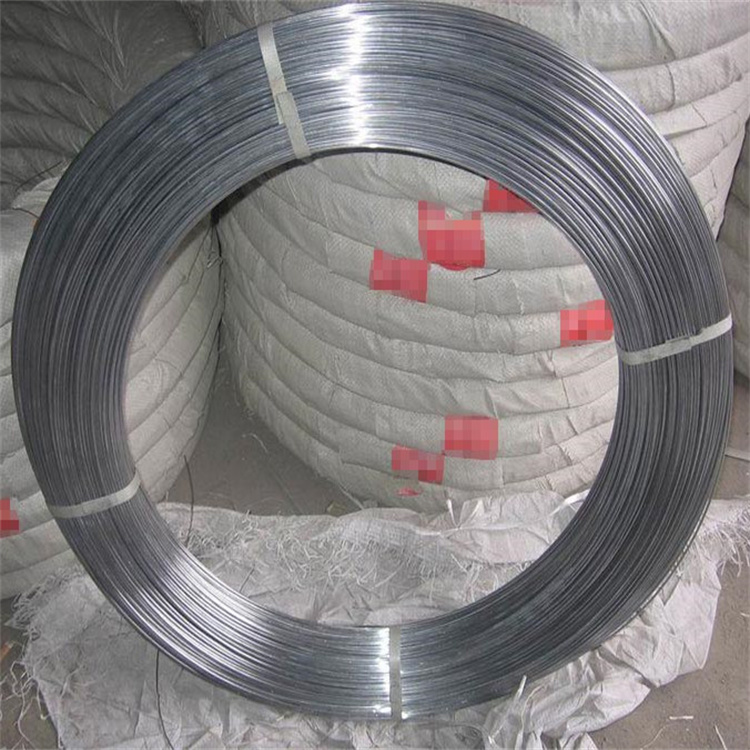RCP vs CMP Pipe: A Comprehensive Comparison for Construction and Infrastructure Projects
In the world of civil engineering and infrastructure, the choice between Reinforced Concrete Pipe (RCP) and Corrugated Metal Pipe (CMP) can significantly impact the durability, cost, and longevity of drainage systems. These two types of pipes are commonly used in stormwater management, sewer systems, and culverts. Both offer unique advantages, but understanding their differences is crucial to making an informed decision. This article provides a detailed comparison of RCP and CMP pipes, focusing on material properties, durability, installation methods, cost, and environmental considerations. Additionally, we will dive into specific research data to better understand the performance of these two pipe materials.
What are RCP and CMP Pipes?
RCP (Reinforced Concrete Pipe) is a type of pipe made from concrete that has been reinforced with steel. The steel reinforcement provides additional strength, enabling the pipe to withstand heavy loads and harsh environmental conditions. RCP is commonly used in applications where strength and durability are critical.
CMP (Corrugated Metal Pipe), on the other hand, is a type of pipe made from rolled metal sheets (often steel or aluminum) that are corrugated to add strength and flexibility. CMP is typically used in areas where flexibility is required, and it is often seen in applications like culverts and small drainage systems.
Comparing Material Properties: Strength, Durability, and Resistance
Both RCP and CMP pipes are engineered for durability, but the materials exhibit different characteristics when it comes to strength, resistance to environmental factors, and lifespan.
Strength and Load Resistance
RCP pipes, due to their concrete composition and steel reinforcement, provide excellent load-bearing capacity. This makes them ideal for projects that require pipes to support heavy vehicular or traffic loads.
CMP pipes, while strong, have a lower load-bearing capacity compared to RCP. However, they are more flexible, which makes them resistant to deformations from soil movement.
Corrosion Resistance
RCP: Concrete is naturally resistant to corrosion, but it may deteriorate in highly acidic or alkaline soils. Concrete pipes are also vulnerable to cracking under extreme temperature variations.
CMP: Metal pipes, especially steel-based CMPs, are susceptible to corrosion over time. However, aluminum CMPs offer better resistance to rust, and coatings or galvanization can further enhance corrosion resistance.
Lifespan
RCP: Generally, RCP pipes have a longer lifespan, ranging between 50 to 100 years depending on the environment. They are particularly effective in areas with dry conditions and minimal soil movement.
CMP: The lifespan of CMP pipes typically ranges between 30 to 50 years, depending on the coating and environmental factors. Their longevity can be improved with proper maintenance and corrosion protection.
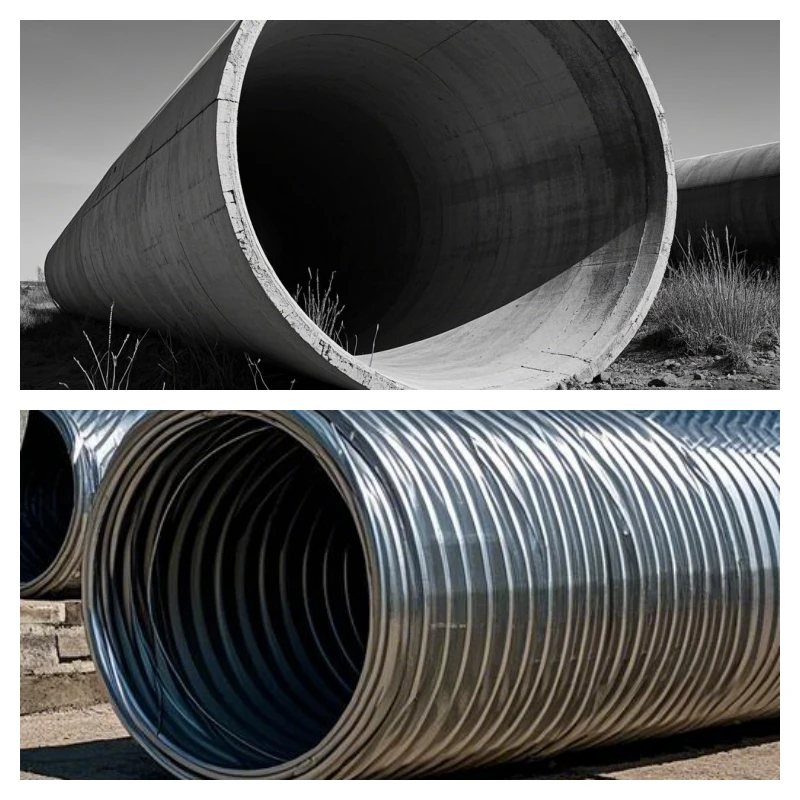
Reinforced concrete pipes are usually used in projects with high requirements for strength and durability, such as urban drainage, sewage transportation and large-scale water conservancy projects; metal corrugated pipes are often used in temporary drainage, small irrigation systems and other scenarios due to their light weight and easy installation.
Installation Methods and Costs
Installation Process
RCP: Installing RCP is a more labor-intensive process. These pipes are heavy, which means that cranes or heavy machinery are required to transport and position them. Proper bedding and sealing are essential for preventing leakage.
CMP: CMP installation is generally faster and requires less heavy machinery. The pipes are lightweight and easier to handle, making them a more flexible option in areas where access is limited.
Cost AnalysisThe cost of RCP and CMP pipes can vary significantly depending on the size, material, and coating. Below is a general cost comparison:
Pipe Type Material Cost Installation Cost Total Cost per Foot RCP $10 - $25 $5 - $10 $15 - $35 CMP $5 - $15 $3 - $8 $8 - $23 RCP is generally more expensive upfront due to the materials and installation requirements, but its longer lifespan and stronger performance can result in lower maintenance costs in the long run.
CMP is typically more affordable in terms of initial costs and installation, but it may require more maintenance and early replacement in harsh conditions.
Performance in Different Environments
Both RCP and CMP pipes perform differently in various environmental conditions. Below are key environmental considerations:
Soil Conditions
RCP: Performs well in stable, dry soils and areas with little soil movement. However, in areas prone to shifting or expansive soils, RCP may be subject to cracking or displacement.
CMP: CMP pipes are better suited for areas with shifting soils or areas prone to flooding, as their flexibility allows them to absorb soil movement without significant damage.
Water Flow and Drainage
RCP: RCP pipes typically offer a smoother internal surface, which minimizes friction and helps with efficient water flow. This makes them ideal for high-flow drainage systems.
CMP: While CMP pipes have a rougher interior due to their corrugated design, they are effective in handling large volumes of water in low-pressure applications.
Environmental and Sustainability Considerations
When comparing RCP and CMP, it’s important to also consider the environmental impact and sustainability of these materials.
Environmental Impact of RCP
RCP pipes are made from concrete and steel, which require significant energy for production. However, concrete is a durable material that requires minimal maintenance once installed, contributing to its long-term sustainability.
Environmental Impact of CMP
CMP pipes, particularly those made of steel, are also energy-intensive to produce. However, aluminum CMPs are lightweight and have a lower environmental footprint. Additionally, the recyclability of metal pipes makes them a more eco-friendly option in some contexts.
Advantages and Disadvantages: A Quick Overview
Here’s a summary table comparing the advantages and disadvantages of RCP vs CMP:
| Feature | RCP | CMP |
|---|---|---|
| Strength | High load-bearing capacity | Lower load capacity, but flexible |
| Corrosion Resistance | Good, but sensitive to extreme environments | Corrosive unless properly coated |
| Lifespan | 50 - 100 years | 30 - 50 years |
| Cost | Higher initial cost | Lower initial cost |
| Installation | More labor-intensive | Faster, easier to install |
| Environmental Flexibility | Works best in stable, dry conditions | More flexible in shifting soils |
| Maintenance | Low maintenance | Requires regular maintenance due to corrosion |
Which Pipe is Best for Your Project?
The choice between RCP and CMP pipes largely depends on the specific requirements of your project, including factors like soil conditions, water flow, and budget.
RCP pipes are the better option for projects that require high strength, durability, and minimal maintenance over a long lifespan, especially in stable environments.
CMP pipes are ideal for projects where flexibility, faster installation, and lower initial costs are the priorities. They are especially effective in areas with shifting soils or limited access.
In conclusion, understanding the material properties, environmental conditions, installation methods, and costs of both pipe types will help you make an informed decision that aligns with the needs of your infrastructure project.
About China Xino Group and Qingdao Xino Steel & Iron Co., Ltd.
As a leading multinational enterprise, China Xino Group has been at the forefront of resource development, trade, logistics, and engineering since its establishment in 2001. With a registered capital of 150 million yuan and a robust portfolio across steel products, metallurgical resources, and chemical industries, we offer comprehensive solutions that drive industry innovation.
Our Qingdao Xino Steel & Iron Co., Ltd., a key branch of the group, specializes in the manufacturing of high-quality coated steel, including Galvanized Steel (GI), Galvalume Steel (GL), PPGI, PPGL, and Tinplate/TFS (ECCS). With an annual production capacity of 1.5 million tons across six mills and 24 production lines, we are proud to serve global markets with top-tier steel products and reliable procurement solutions.
Whether you need steel for construction, engineering projects, or industrial applications, we provide the best solutions with competitive pricing and unparalleled customer service. Xino Group is committed to continuously improving our service management and delivering value to our clients, both now and in the future. Welcome to contact us!
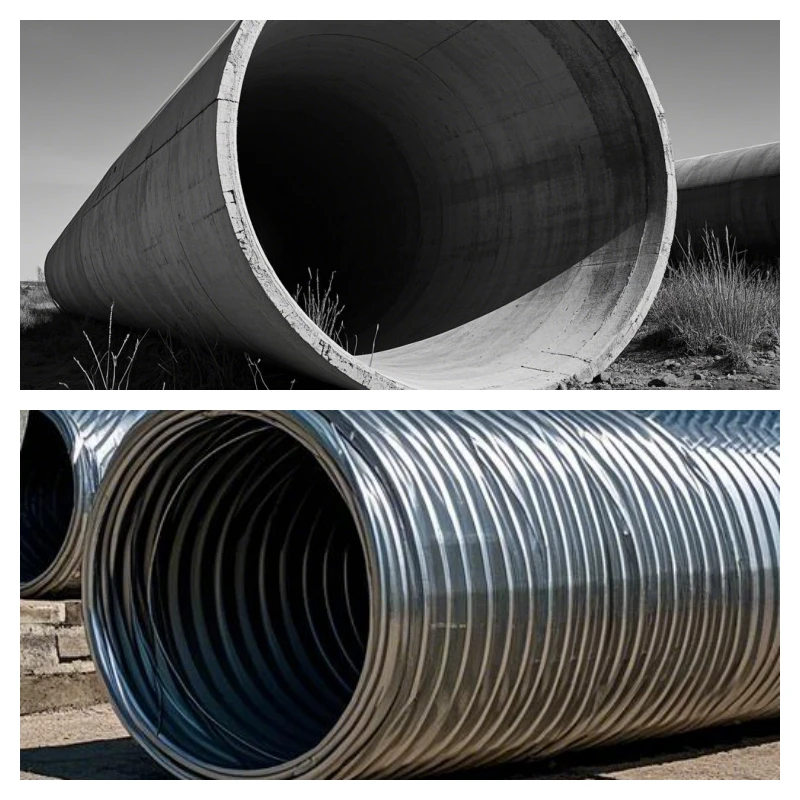
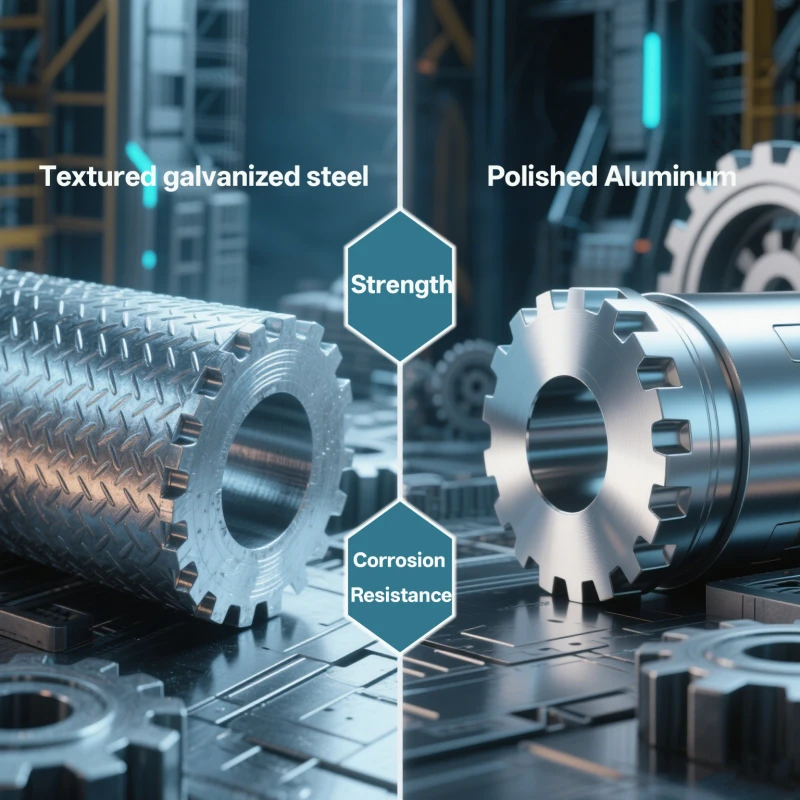

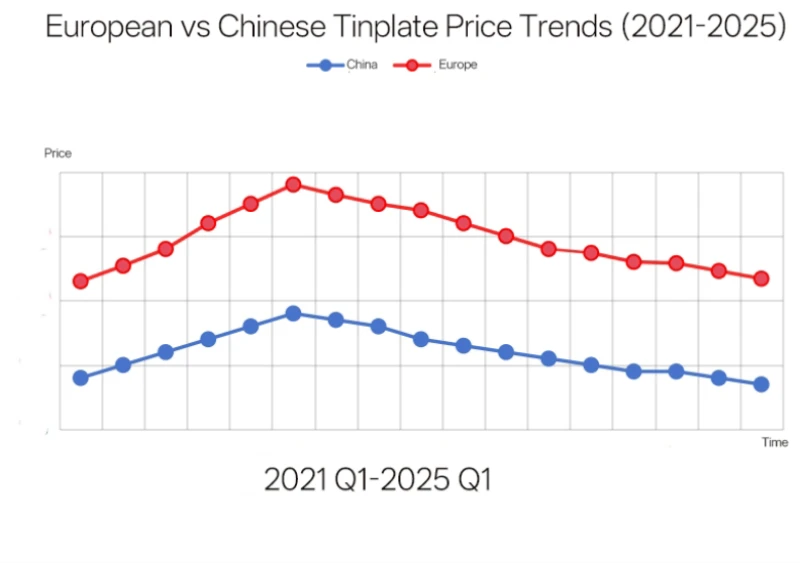
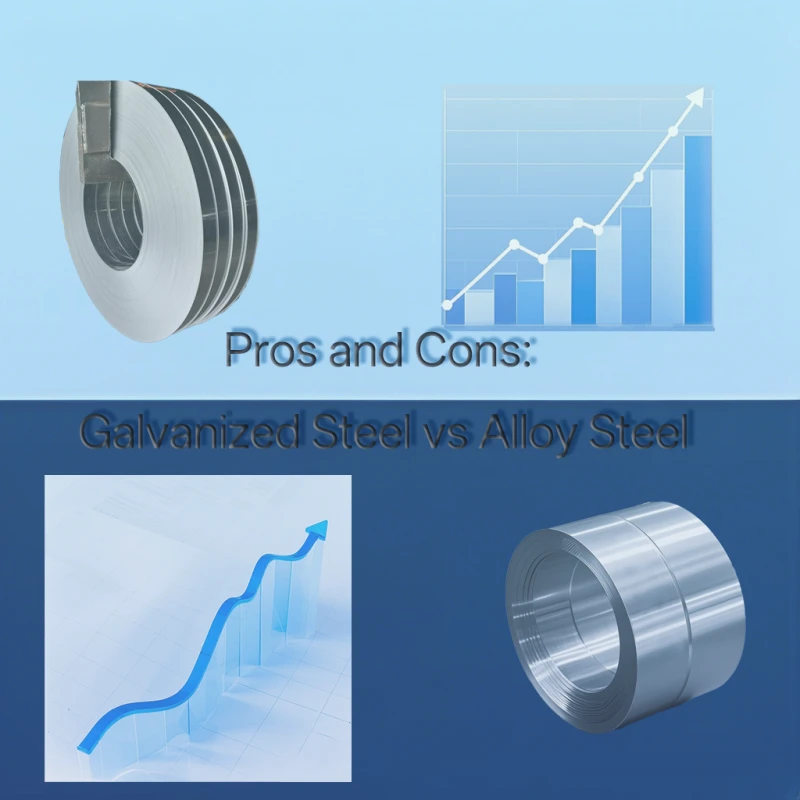
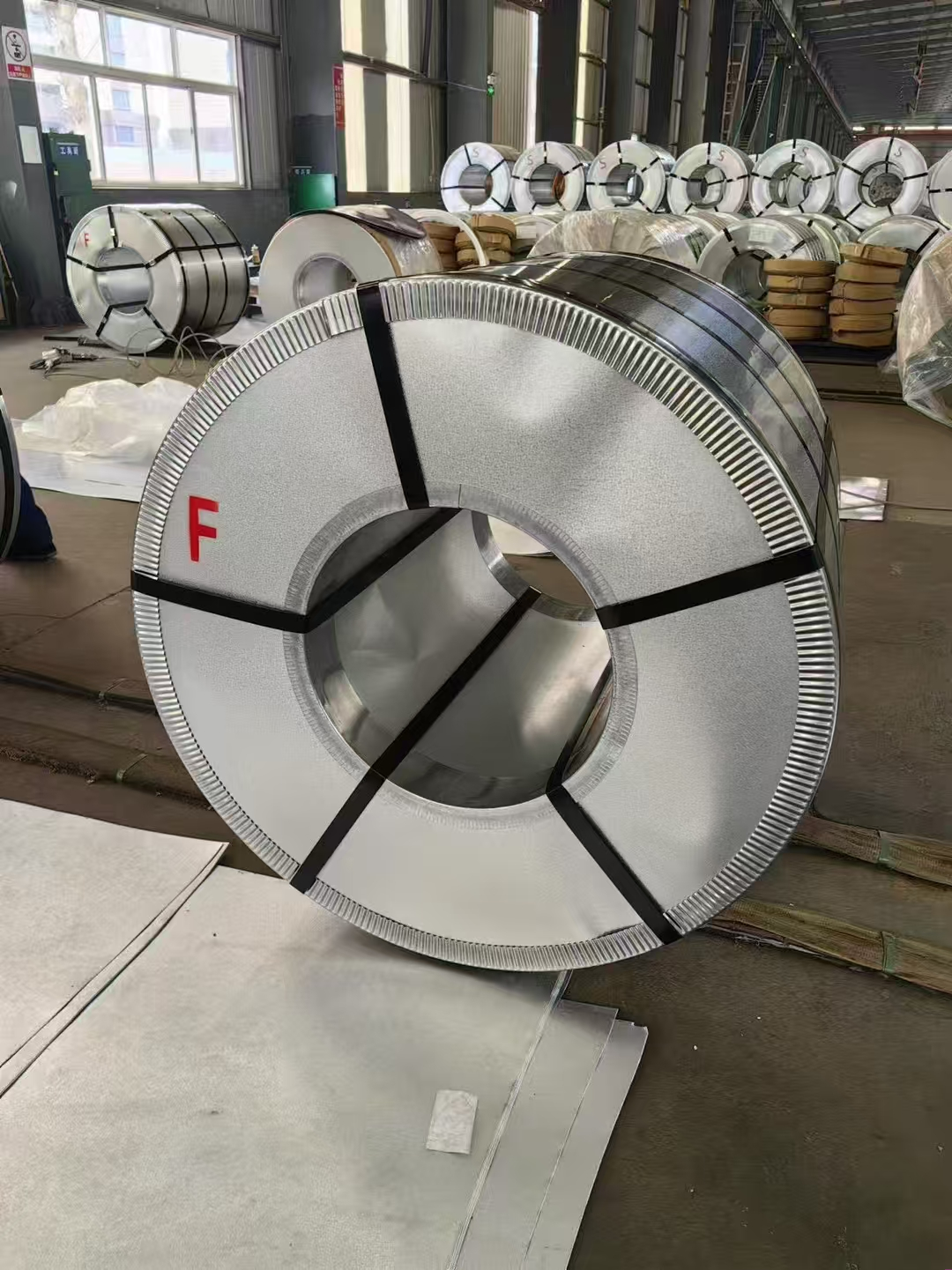
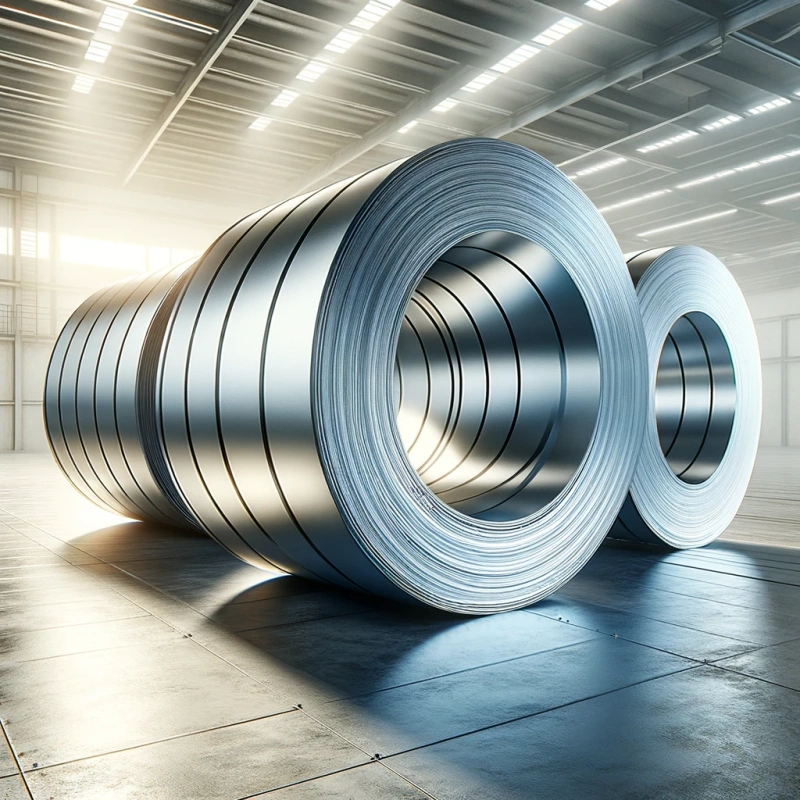
745.webp)
